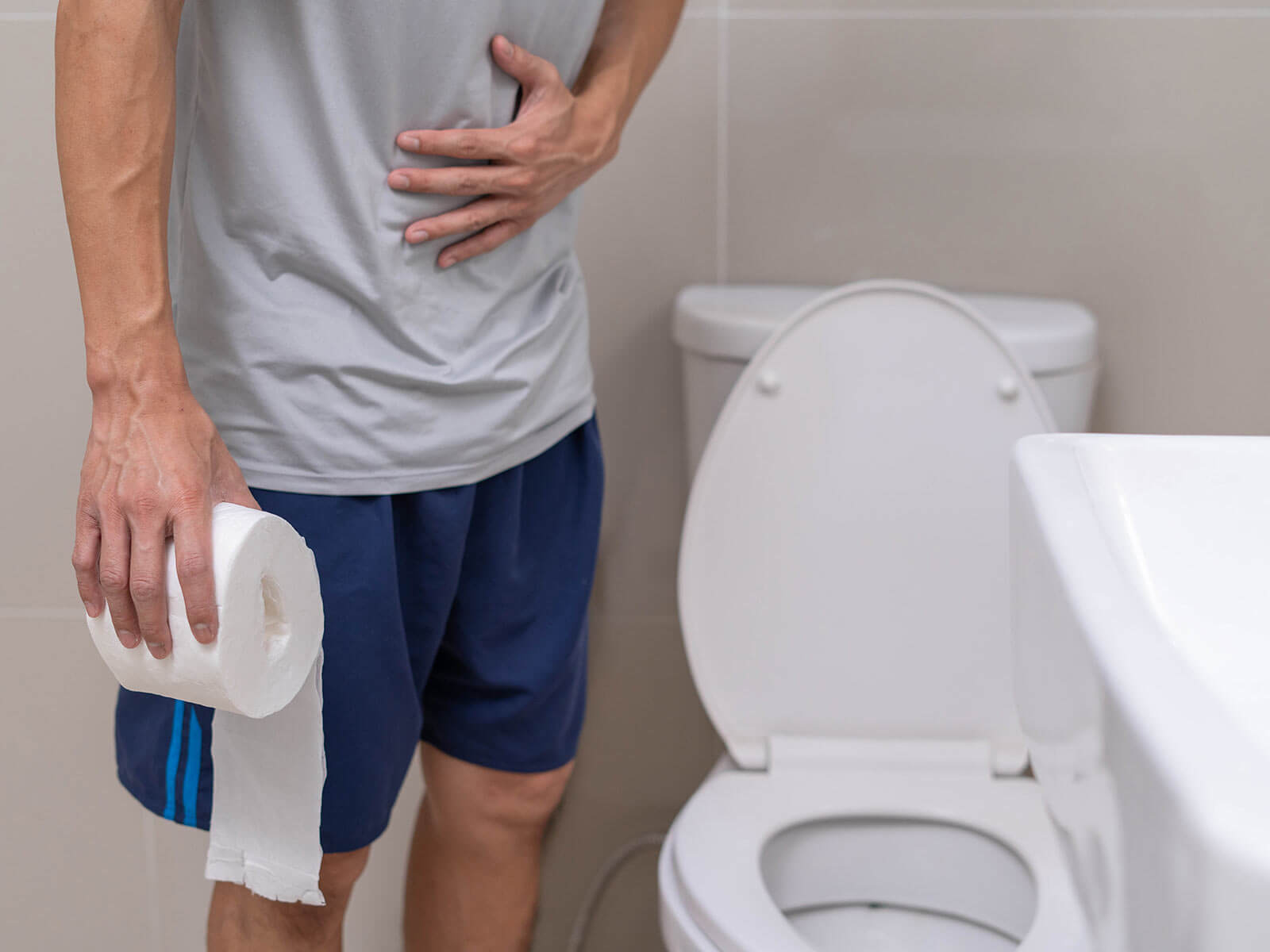
A contraindication of IBS is Irritable Bowel Syndrome Mixed (IBS-M), in which you suffer constipation, as well as diarrhea. It is a combination of IBS-C (constipation) and IBS-D (diarrhea), where stool tends to change in hard to loose within a single week. The ICD-10 code for IBS-M is K58.2.
Most people with IBS-M experience a mix of symptoms, including:
While the exact cause of IBS-M is unknown, several factors may contribute:
We are GastroDoxs in Jersey Village, where we specialize in IBS-M and know the special difficulty of the alternating state of constipation and diarrhea. Patient-centered care is based on the integration of professional examinations, dietary and lifestyle intervention, specific drugs, and how to reduce stress. Our caring human touch and supportive continuous attention bring about a process of transforming your control over your digestive system. Ready to feel better? Better your appointment today and begin a trip to permanent relief.
We've successfully treated more than 1.5K patients, helping individuals improve their digestive health and overall well-being through expert, personalized care.
With over 20 years of experience, GastroDoxs has been a trusted provider of gastroenterology care, focusing on delivering the best outcomes for patients
Irritable Bowel Syndrome Mixed (IBS-M) is a mix of IBS consisting of constipation and diarrhea and abdominal pain or cramps.
Its precise etiology is unclear, but it is potentially caused by gut-brain communication problems, food intolerances (such as FODMAP and gluten), alterations in gut flora, stress or anxiety, as well as previous auto infections in the gut.
In making the diagnosis, beliefs on your history of symptoms and simple studies of your blood (blood work, stool studies or colonoscopy) can be used to rule out other conditions before confirming that it is IBS-M.
ICD-10 code of Irritable Bowel Syndrome Mixed may be K58.2.
Yes. A low-FODMAP diet is beneficial to many patients or a balanced fiber plan, which should be gradually implemented to determine what your body can tolerate the most.
Yes. Depending on your predominant symptoms, your doctor may prescribe antispasmodics for pain, loperamide for diarrhea, laxatives for constipation, or other targeted therapies.
Absolutely. Stress and anxiety can worsen IBS-M symptoms. Techniques like mindfulness, cognitive behavioural therapy (CBT), and relaxation exercises often help improve gut health.
You should consult a healthcare provider if your symptoms persist for more than a few weeks, worsen over time, or if you notice alarming signs such as blood in the stool, unintentional weight loss, or severe pain.
Some patients find relief with probiotics or prebiotics to rebalance gut flora, but results vary. It's best to discuss specific strains and dosages with your gastroenterologist.
With a personalized treatment plan-including diet adjustments, medications, and stress management-many people begin to feel better within a few weeks, though ongoing support may be needed.